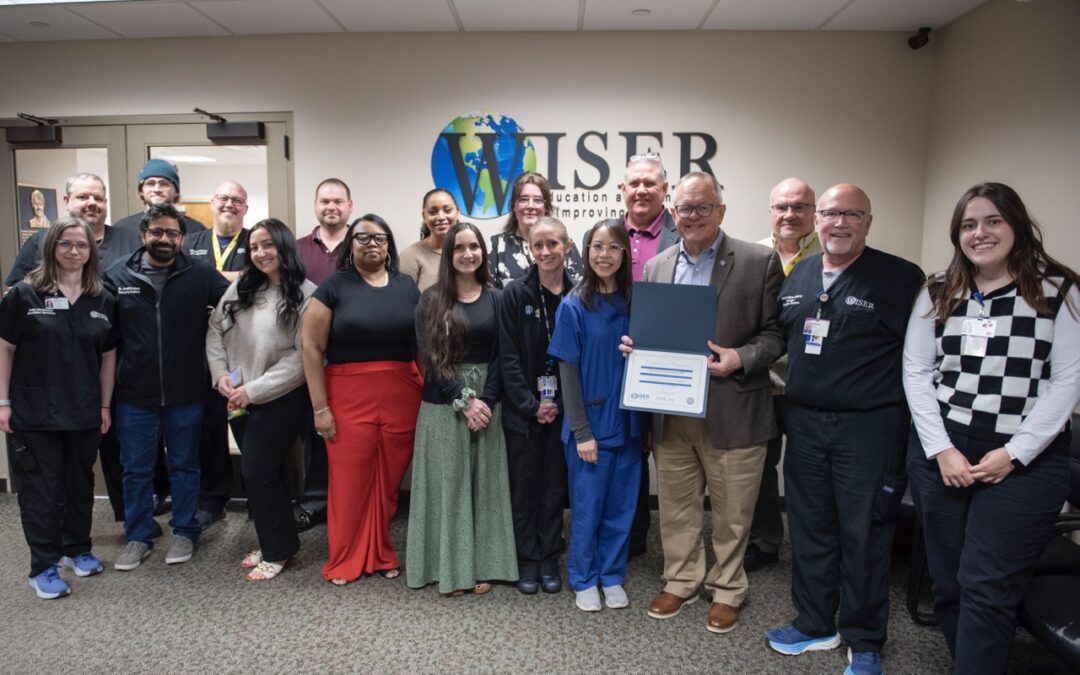Greetings, Friends of WISER,
As spring breathes new life into Pittsburgh, WISER continues to flourish with renewed energy and global engagement. The past few months have been marked by significant milestones and heartfelt farewells. I believe it continues to reflect our unwavering commitment to advancing simulation-based education worldwide and the subsequent improvement in healthcare delivery.
Earlier this month, I had the privilege of traveling to Tokyo to participate in the Improving Simulation Instructional Methods – Japan (iSIM-J) faculty development program at Jikei University School of Medicine. Hosted by former WISER fellow Dr. Satoshi Takeda, and co-teaching with WISER fellowship alumni, Yoichi Kase, MD, this program brought together educators from across Japan to enhance their simulation teaching methodologies. It was inspiring to witness the continuing dedication of our international colleagues in elevating healthcare education and improving quality and patient safety through simulation. Additionally, I participated as a keynote speaker in a hybrid simulation symposium focusing on improving assessment techniques in simulation.
Back home, we bid a bittersweet farewell to Dr. Suwattana Klanarong, who completed her year-long simulation fellowship at WISER. Dr. Klanarong, an instructor in the Department of Anesthesiology at Buddhachinaraj Hospital, Naresuan University in Thailand, achieved her Certified Healthcare Simulation Educator (CHSE) credential during her time with us. She also created an in-situ simulation program that she will be implementing to improve the rapid response and resuscitation response teams within her hospital. Her contributions have been invaluable, and we are confident she will continue to make significant impacts in simulation education upon her return to Thailand.
May also brought the much-anticipated Safar Symposium, sponsored by WISER and the Safar Center for Resuscitation Research at the University of Pittsburgh. This year’s simulation track, held at WISER, featured a dynamic lineup of speakers and interactive sessions, emphasizing the critical role of simulation in resuscitation science and patient safety as related to pediatrics. The event fostered rich discussions from local as well as nationally renowned simulation faculty. The presentations and subsequent question and discussion sessions were enlightening and helped to reinforce and enhance our shared mission to improve healthcare outcomes through simulation-based education and assessment methods.
As we look ahead, WISER remains steadfast in our dedication to innovation, collaboration, and excellence in simulation-based education. We are excited about the opportunities that lie ahead and are grateful for the continued support of our global community.
Until next time,
Happy Simulating!
—Paul

